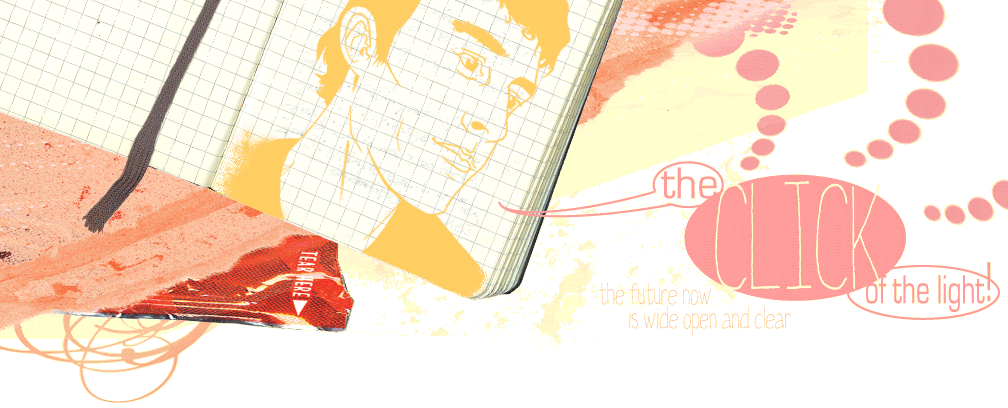Beliefs
I don’t believe in genres. The word was invented by pretentious critics who felt a pretentious need to justify their pretentiousness. I don’t remember the last “genre” book I read, unless Vonnegut counts in which case I’m just starting one now, but the disdain towards genre is one thing that I hate in principle and in practice.
Critic 1: Hello old sport. Now, I was considering the other day: how can we seem more haughty than we do now?
Critic 2: I’m rather unsure, Rupert. What if we insult different sorts of writing?
Critic 1: Capital idea, Chester. But we’ll need a way to classify the types, so that we don’t have to think too hard.
Look at writing before the twentieth century. “Kubla Khan,” The Picture of Dorian Gray, Frankenstein – hell, Shakespeare’s two original plays, largely considered to be among his best work, are both “fantasy” stories. Supernatural and realistic co-existing: the greatest works in history utilize “genre” elements, and yet people are stupid enough to disdain “genre writing.” There’s absolutely no story that can’t be classified or grouped somehow, and there’s no story that doesn’t break classifications.
Critic 1: You know, Lord Jeffrey, I rather like this Garcia Marquez fellow. But he uses those damnable fantasy elements in his writing that I simply can’t understand.
Critic 2: Don’t be a cad, Reginald. We decided that we’d invent a new genre for him to fit into, so we can like him and remain pretentious.
Critic 1: Quite so, quite so. I had forgotten because Loretta didn’t serve brandy with my kippers this morning.
In some ways, I think, “genre” has become code for “bad writing.” This is not terrible, but it is inaccurate. Bad writing happens in “postmodernist” and “modernist” writing as much as in “horror” or “romance” writing. And it’s not the fault of the “genre,” it’s the fault of the writer.* The sad thing is people who are so interpolated into the idea that genre=shit that they disdain works with any fantastic element on principle. They miss out on so much.
*So as to I hope not seem pretentious myself, I want to state openly that I have written both shitty stories that would be called genre stories and shitty stories that would not be called genre stories.

